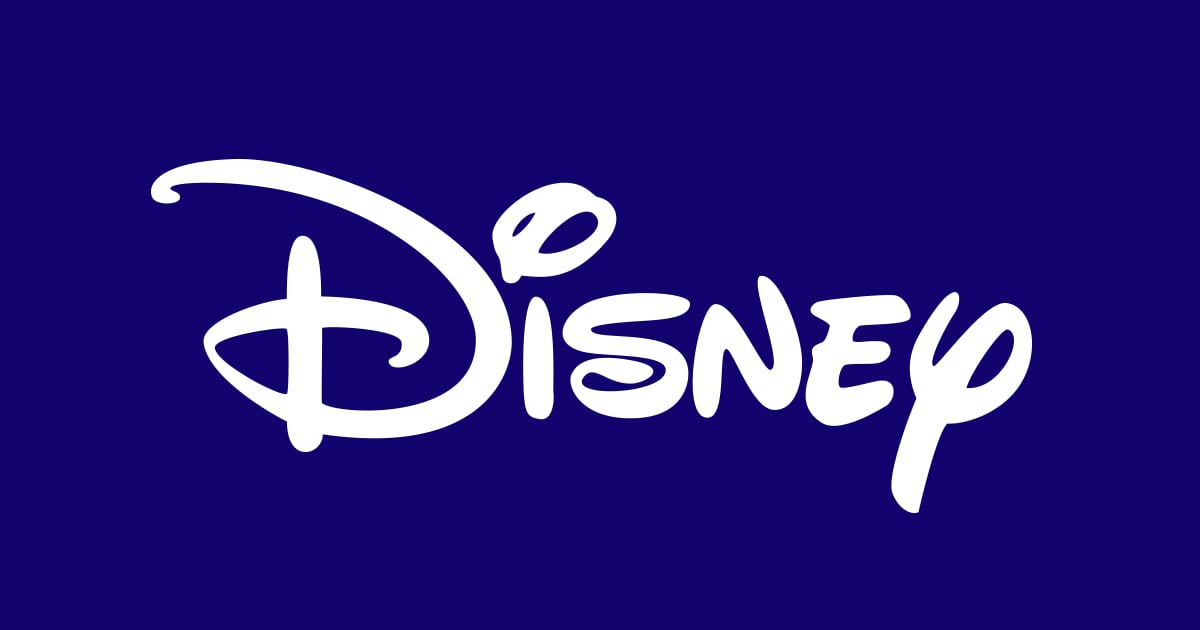The Marvel Comeback and Tariff Turmoil: A Tale of Two Cinematic Worlds
May 6, 2025, 4:46 am

Location: United States, California, Los Angeles
Employees: 1001-5000
Founded date: 1912
In the ever-evolving landscape of Hollywood, two stories emerge, each reflecting the industry's pulse. On one side, Disney and Marvel's "Thunderbolts*" rises like a phoenix, igniting the summer box office with a $76 million domestic opening. On the other, a storm brews as former President Trump orders a 100% tariff on foreign-made films, declaring a war to save a "dying" Hollywood. These narratives intertwine, revealing the complexities of an industry at a crossroads.
"Thunderbolts*" has burst onto the scene, capturing the attention of audiences and critics alike. With a global haul of $162.1 million, it marks a significant moment for the Marvel Cinematic Universe (MCU). This film, featuring a motley crew of antiheroes, is a breath of fresh air. It defies the odds, reminding us that even lesser-known characters can shine. The film's 88% "Fresh" rating on Rotten Tomatoes speaks volumes. Critics and fans are singing its praises, a rarity in recent Marvel outings.
The summer box office is a fickle beast. Last year, it stumbled out of the gate, with Universal's "The Fall Guy" limping to a mere $28 million. This year, however, "Thunderbolts*" signals a revival. Analysts suggest that May could become one of the best months on record for box office sales. The film's success is a testament to Marvel's resilience, a reminder that even after a series of misfires, the franchise can still captivate audiences.
Yet, the backdrop of this success is a troubling reality. The film industry is grappling with a myriad of challenges. Trump's proposed tariffs loom large, threatening to upend the delicate balance of Hollywood. The 100% tariff on foreign films is a bold move, one that aims to protect American jobs and creativity. But it also raises questions about the future of international collaborations and the global nature of filmmaking.
Trump's declaration paints a dire picture. He claims that the American movie industry is in a "very fast death," a sentiment echoed by many in the industry. The allure of tax incentives abroad has lured productions away from Hollywood, leaving a void that is hard to fill. The Commerce Secretary's swift response indicates that the administration is serious about this initiative. But the details remain murky. Will streaming films be included? How will the tariffs be enforced? These questions hang in the air like a thick fog.
International reactions have been swift. Countries like Australia and New Zealand are rallying to protect their film industries. They recognize the potential fallout from Trump's tariffs. Hollywood has long relied on international locations for filming, and this move could sever those ties. The British media and entertainment union has voiced concerns, warning that these tariffs could jeopardize thousands of jobs. The stakes are high, and the consequences could ripple across the globe.
The irony is palpable. While "Thunderbolts*" celebrates a resurgence, the industry faces a potential crisis. Hollywood has already seen a decline in production, with a nearly 40% drop in the last decade. The pandemic exacerbated these issues, forcing many to reconsider their filming locations. Producers are now eyeing places like Toronto and Vancouver, where incentives are more favorable. The ProdPro survey reveals a stark reality: California is no longer the top choice for filmmakers.
The proposed tariffs could lead to fewer productions overall. Scott Roxborough, a Hollywood reporter, suggests that the likely outcome may not be a surge in American films but rather a decline in all productions. The fear is that the industry could shrink, stifling creativity and innovation. This is a dangerous path, one that could lead to a cinematic wasteland.
As the dust settles, the future of Hollywood hangs in the balance. "Thunderbolts*" may be a beacon of hope, but it cannot overshadow the looming threats. The film industry is a delicate ecosystem, reliant on collaboration and creativity. Tariffs could disrupt this balance, pushing filmmakers to seek greener pastures.
In this tale of two cinematic worlds, the triumph of "Thunderbolts*" contrasts sharply with the uncertainty of Trump's tariffs. The film's success is a reminder of what Hollywood can achieve when it fires on all cylinders. Yet, the specter of protectionism threatens to stifle that very creativity.
As audiences flock to theaters, they may be witnessing a pivotal moment in film history. Will "Thunderbolts*" pave the way for a new era of Marvel magic? Or will the impending tariffs cast a long shadow over the industry? Only time will tell. For now, the lights are bright, and the popcorn is popping. But the future remains uncertain, a cinematic cliffhanger waiting to unfold.
"Thunderbolts*" has burst onto the scene, capturing the attention of audiences and critics alike. With a global haul of $162.1 million, it marks a significant moment for the Marvel Cinematic Universe (MCU). This film, featuring a motley crew of antiheroes, is a breath of fresh air. It defies the odds, reminding us that even lesser-known characters can shine. The film's 88% "Fresh" rating on Rotten Tomatoes speaks volumes. Critics and fans are singing its praises, a rarity in recent Marvel outings.
The summer box office is a fickle beast. Last year, it stumbled out of the gate, with Universal's "The Fall Guy" limping to a mere $28 million. This year, however, "Thunderbolts*" signals a revival. Analysts suggest that May could become one of the best months on record for box office sales. The film's success is a testament to Marvel's resilience, a reminder that even after a series of misfires, the franchise can still captivate audiences.
Yet, the backdrop of this success is a troubling reality. The film industry is grappling with a myriad of challenges. Trump's proposed tariffs loom large, threatening to upend the delicate balance of Hollywood. The 100% tariff on foreign films is a bold move, one that aims to protect American jobs and creativity. But it also raises questions about the future of international collaborations and the global nature of filmmaking.
Trump's declaration paints a dire picture. He claims that the American movie industry is in a "very fast death," a sentiment echoed by many in the industry. The allure of tax incentives abroad has lured productions away from Hollywood, leaving a void that is hard to fill. The Commerce Secretary's swift response indicates that the administration is serious about this initiative. But the details remain murky. Will streaming films be included? How will the tariffs be enforced? These questions hang in the air like a thick fog.
International reactions have been swift. Countries like Australia and New Zealand are rallying to protect their film industries. They recognize the potential fallout from Trump's tariffs. Hollywood has long relied on international locations for filming, and this move could sever those ties. The British media and entertainment union has voiced concerns, warning that these tariffs could jeopardize thousands of jobs. The stakes are high, and the consequences could ripple across the globe.
The irony is palpable. While "Thunderbolts*" celebrates a resurgence, the industry faces a potential crisis. Hollywood has already seen a decline in production, with a nearly 40% drop in the last decade. The pandemic exacerbated these issues, forcing many to reconsider their filming locations. Producers are now eyeing places like Toronto and Vancouver, where incentives are more favorable. The ProdPro survey reveals a stark reality: California is no longer the top choice for filmmakers.
The proposed tariffs could lead to fewer productions overall. Scott Roxborough, a Hollywood reporter, suggests that the likely outcome may not be a surge in American films but rather a decline in all productions. The fear is that the industry could shrink, stifling creativity and innovation. This is a dangerous path, one that could lead to a cinematic wasteland.
As the dust settles, the future of Hollywood hangs in the balance. "Thunderbolts*" may be a beacon of hope, but it cannot overshadow the looming threats. The film industry is a delicate ecosystem, reliant on collaboration and creativity. Tariffs could disrupt this balance, pushing filmmakers to seek greener pastures.
In this tale of two cinematic worlds, the triumph of "Thunderbolts*" contrasts sharply with the uncertainty of Trump's tariffs. The film's success is a reminder of what Hollywood can achieve when it fires on all cylinders. Yet, the specter of protectionism threatens to stifle that very creativity.
As audiences flock to theaters, they may be witnessing a pivotal moment in film history. Will "Thunderbolts*" pave the way for a new era of Marvel magic? Or will the impending tariffs cast a long shadow over the industry? Only time will tell. For now, the lights are bright, and the popcorn is popping. But the future remains uncertain, a cinematic cliffhanger waiting to unfold.
